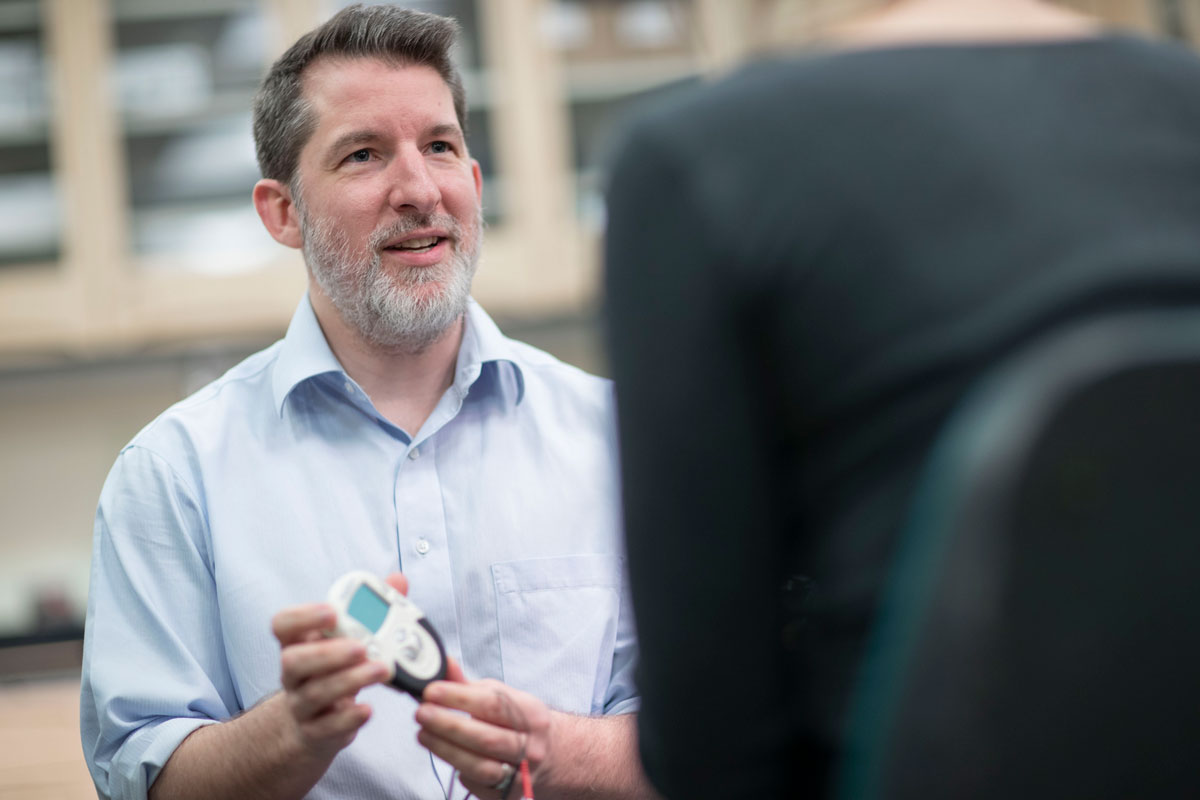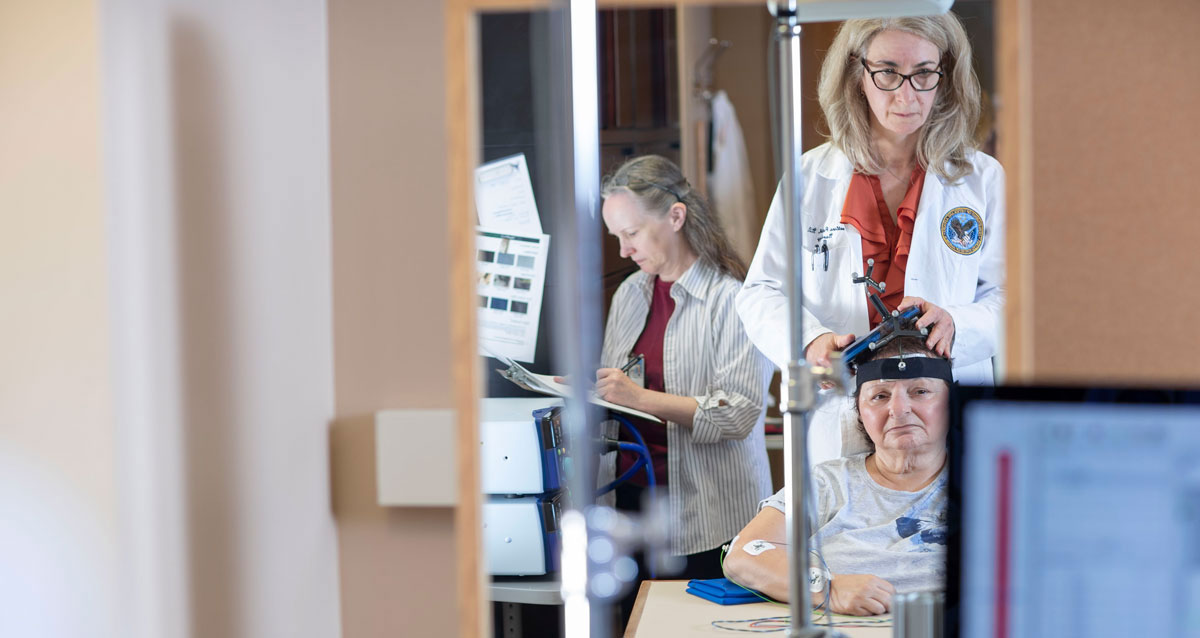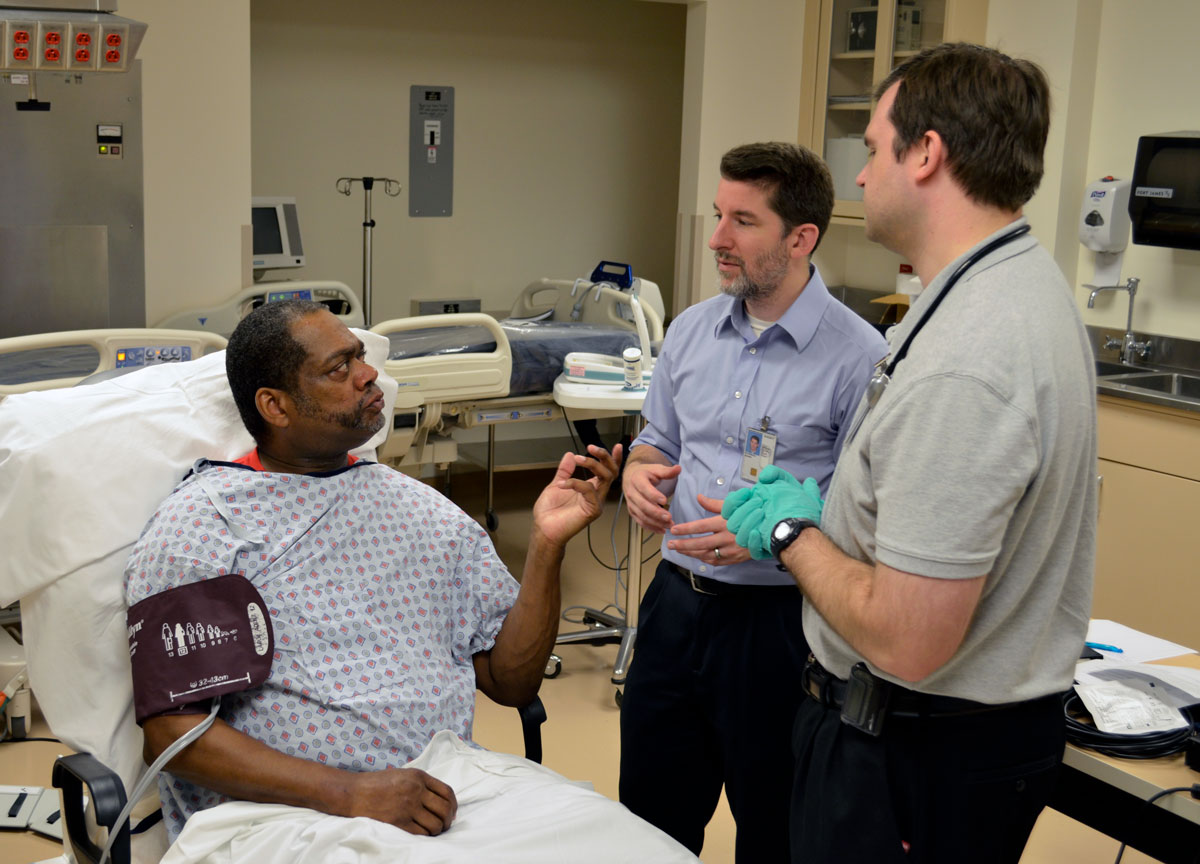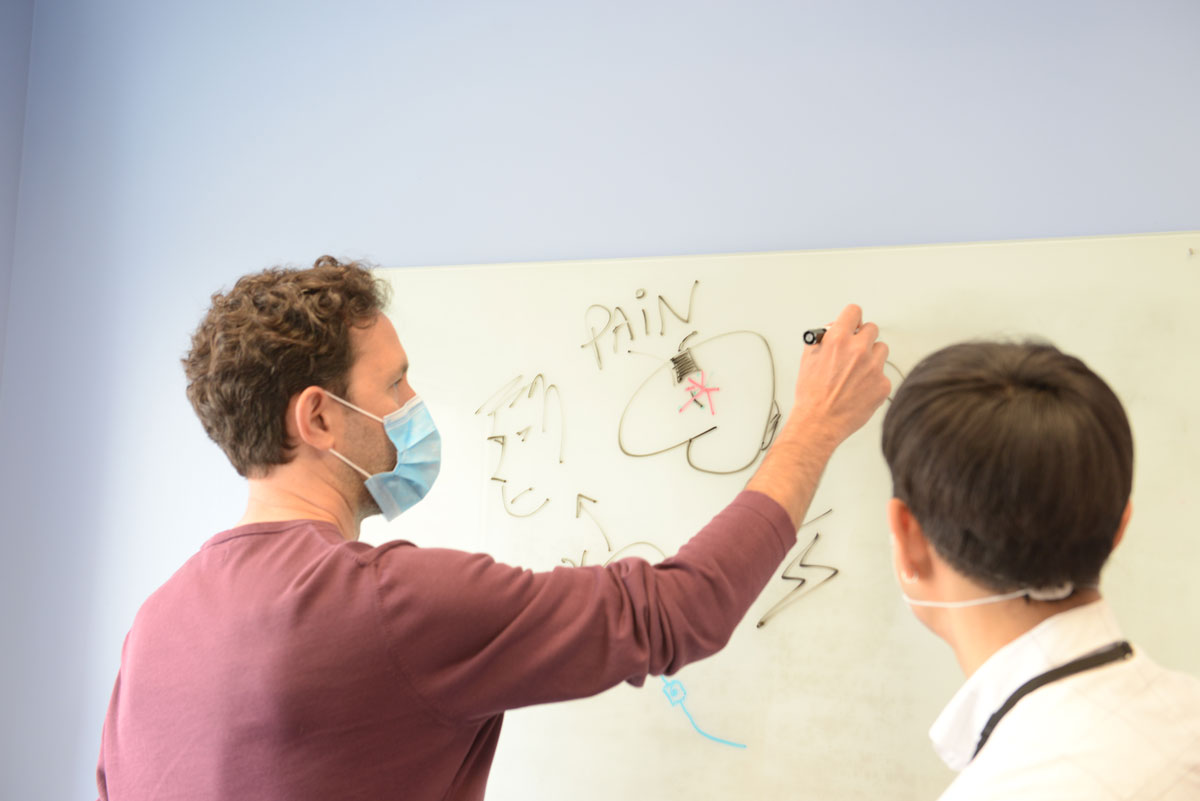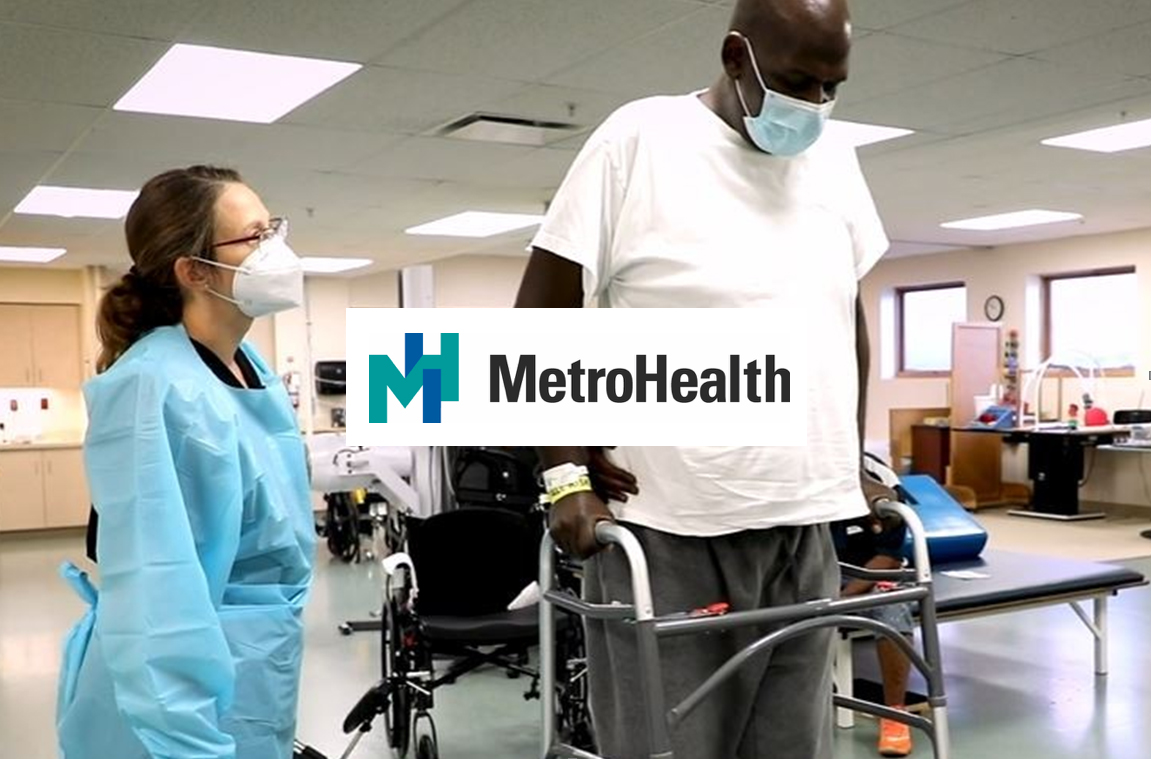Center’s ReHAB Project Team Wins $4.5 Million Donation
The ReHAB Project Team with 60 Minutes Correspondent Scott Pelley A. Bolu Ajiboye, PhD, Principal Investigator Emily Graczyk, Phd, Principal Investigator The Cleveland FES Center congratulates principal investigators A. Bolu Ajiboye, PhD, and Emily Graczyk, PhD, along with the entire ReHAB study project team as the recipients of a significant donation supporting their…
Details



